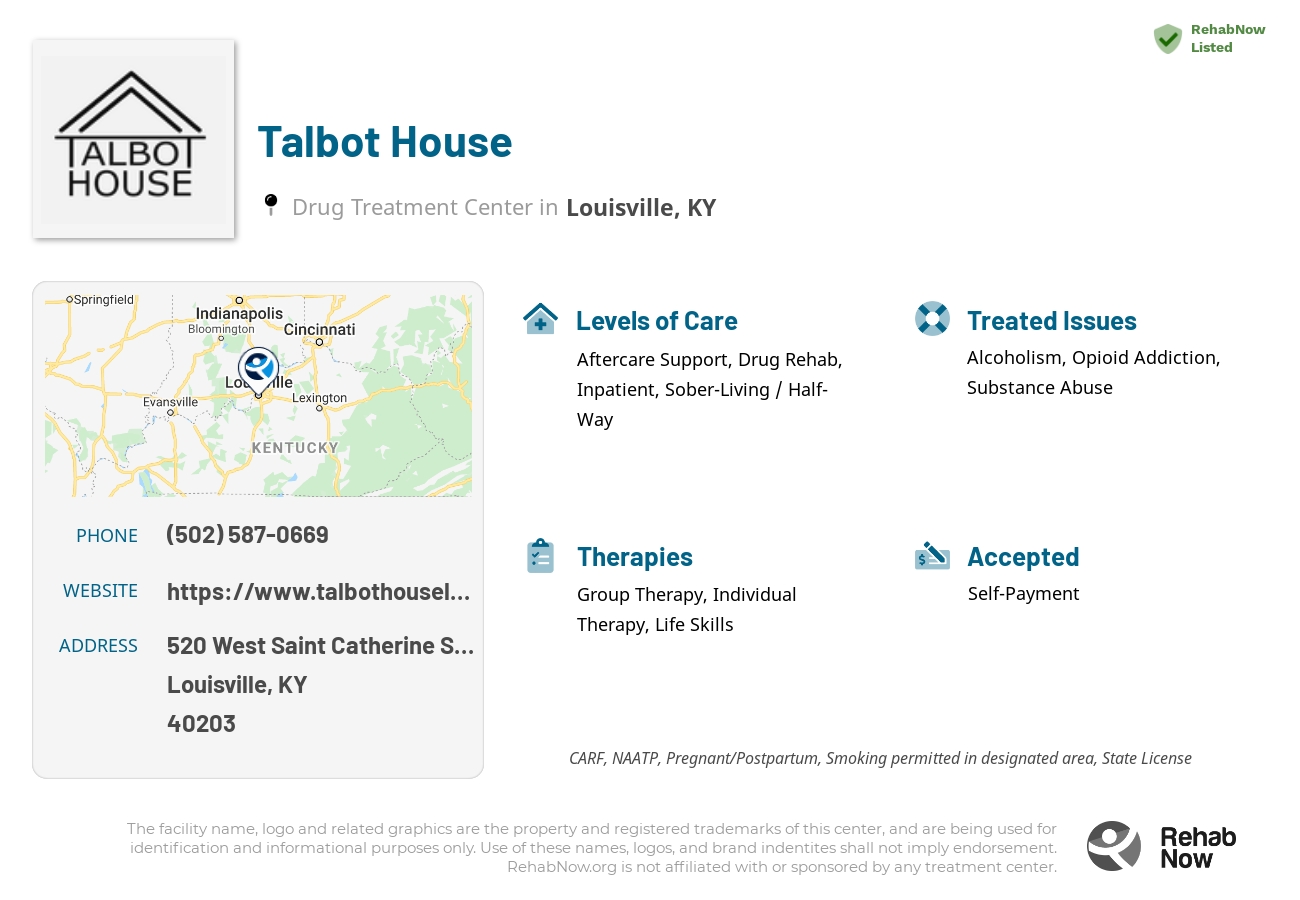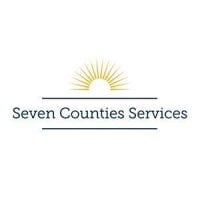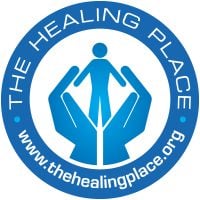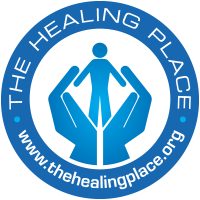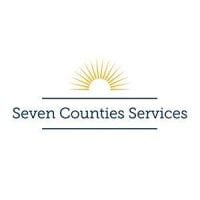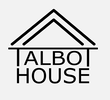
Talbot House
Drug Rehab Center in Louisville, Kentucky
- Substance Abuse
- Opioid Addiction
- Drug Addiction
- Alcoholism
Talbot House is a renowned addiction treatment facility in Louisville, Kentucky, offering compassionate care, evidence-based therapy, and accredited services to help individuals suffering from addiction achieve lasting sobriety and recovery.
About Talbot House in Kentucky
Talbot House is a renowned addiction treatment facility located in Louisville, Kentucky, providing quality care for individuals suffering from alcoholism, opioid addiction, substance abuse, and drug addiction. Talbot House is committed to providing compassionate treatment and aftercare support for their clients. They offer different levels of care that include drug rehab, inpatient, sober-living/halfway, and residential services. They provide their clients with a network of support and resources to foster long-term recovery and sobriety.
Talbot House utilizes evidence-based therapeutic models tailored to the client's individual needs. The facility offers individual and group counseling, relapse prevention education, and family therapy. Talbot House is accredited by the Commission on Accreditation of Rehabilitation Facilities (CARF). In addition, all of their clinical staff are certified and licensed, including master-level clinicians, mental health counselors, medical directors, and physician assistants. Talbot House is dedicated to providing comprehensive care and a safe, supportive environment for their clients to achieve lasting sobriety.
Genders
Ages
Modality
Additional
Conditions and Issues Treated
Many people need to recover from substance abuse to live a healthy life. In the end, if you can get through all the steps: detoxifying your body, rehabilitation after some time or when needed (depending on the type), and recovery while also receiving therapy support throughout the process, it can be worth it.
A detoxification center is a common place to start the recovery process from substance abuse. With your body and mind restored, you can continue to heal without the lingering effects of drugs.
Many people who struggle with opioid addiction need to attend specific programs like methadone , Suboxone or Vivitrol clinics.
These types of programs will provide the patient with legal, prescription medications that can help them overcome their cravings for illegal opioids like heroin or fentanyl . If the patient has a chronic condition like Hepatitis C, they must undergo treatment before they can begin taking these medications.
Levels of Care Offered
This center offers a variety of custom treatment tailored to individual recovery. Currently available are Aftercare Support, Drug Rehab, Inpatient, Residential, Sober-Living / Half-Way, with additional therapies available as listed below.
Inpatient treatment is an intensive program that takes place when a patient checks into a rehabilitation facility. The treatment includes detoxification and counseling sessions, which are round the clock. Outpatient treatments are also available, but inpatient care is advised as the first step of rehabilitation.
Intensive rehab ensures the patient stays in a substance-free atmosphere, improving treatment success rates. The patient participates in group therapy for motivation from other patients who have overcome addiction. Family members are also involved in providing emotional support throughout the program.
Sober Living Homes are an option for those who have completed a treatment program within the past several months. However, it isn’t advisable to use this as a permanent living arrangement because it can lead to a relapse .
The goal of a sober living home is to provide a supportive environment for recovering addicts so they don’t need to return to their previous lifestyles. The homes will not accept residents who are still using drugs or alcohol, and those living in the house must follow a set of rules dictating how they should behave to avoid relapsing.
Residential treatment programs are those that offer housing and meals in addition to substance abuse treatment. Rehab facilities that offer residential treatment allow patients to focus solely on recovery, in an environment totally separate from their lives. Some rehab centers specialize in short-term residential treatment (a few days to a week or two), while others solely provide treatment on a long-term basis (several weeks to months). Some offer both, and tailor treatment to the patient’s individual requirements.
Aftercare is a term that’s used to refer to any sort of continuing care offered for a drug addict who has voluntarily entered a rehabilitation program. This type of care can be provided in several settings, including outpatient therapy sessions after the addict has completed an inpatient program. There are also 12-step support groups, such as Alcoholics Anonymous, which can provide additional help for addicts trying to stay sober.
Therapies & Programs
Individual Therapy is a critical component of addiction recovery. Therapists work with patients to identify the root of their addiction and figure out how to better handle the issues that led to them using drugs. Individual Therapy is the one-on-one session where people meet with their therapist. Individual therapy provides a safe space for people to open up and discuss personal and sensitive topics which they may not feel comfortable discussing in a group setting.
Group Therapy is utilized by drug treatment centers like Talbot House to provide the recovering drug addict with a platform to talk about their feelings and experiences. It also provides for an opportunity to learn from other addicts who have successfully overcome their addiction.
Group Therapy is employed in lectures, seminars, or discussion groups (the latter two are typically conducted as “therapy groups”). It is recommended that all group members be recovering addicts for this type of therapy to work (though it does not exclude others with lived experience).
Training in improved life skills helps those recovering from addiction feel more capable of self-care. Talbot House are daily skills that give the person the tools they need to survive.
The therapy covers practical activities like cooking, job hunting, social interaction, and money management, helping to fill in the knowledge gaps caused by addiction.
These life skills help the person self-manage their recovery and stay on track. It also reduces relapse risk as they gain confidence in their day-to-day abilities.
Payment Options Accepted
For specific insurance or payment methods please contact us.
Additional Details
Specifics, location, and helpful extra information.
Louisville, Kentucky 40203 Phone Number(502) 587-0669 Meta DetailsUpdated November 25, 2023
Staff Verified
Talbot House Patient Reviews
There are no reviews yet. Be the first one to write one.
Louisville, Kentucky Addiction Information
Kentucky ranks among the top ten states for opioid-related overdoses. Most of these are due to heroin, fentanyl, and prescription opioid use. A little over 11% of the Kentucky population abuses alcohol in a given year. More than 15% of Kentucky adults admit to participating in binge drinking every month.
Louisville, Kentucky has a high rate of drug-related deaths. Most drug overdose deaths in Louisville are caused by opioids, such as heroin and fentanyl. Alcohol abuse is also a problem in the city, with binge drinking rates of 19.9% among adults and 11.3% among youths aged 12-20. There are a variety of drug treatment options available in Louisville, Kentucky. Some of the most common include inpatient, outpatient, and detox programs.
Treatment in Nearby Cities
- La Grange, KY (23.9 mi.)
- Martin, KY (170.5 mi.)
- Burkesville, KY (102.4 mi.)
- Georgetown, KY (65.4 mi.)
- Williamstown, KY (70.8 mi.)
Centers near Talbot House
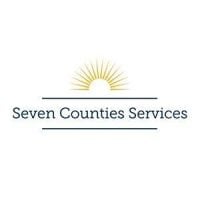
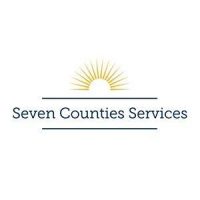

The facility name, logo and brand are the property and registered trademarks of Talbot House, and are being used for identification and informational purposes only. Use of these names, logos and brands shall not imply endorsement. RehabNow.org is not affiliated with or sponsored by Talbot House.

